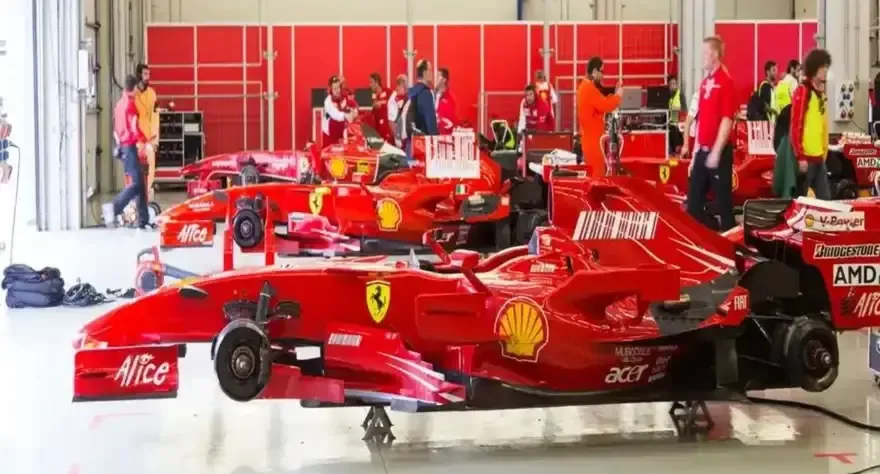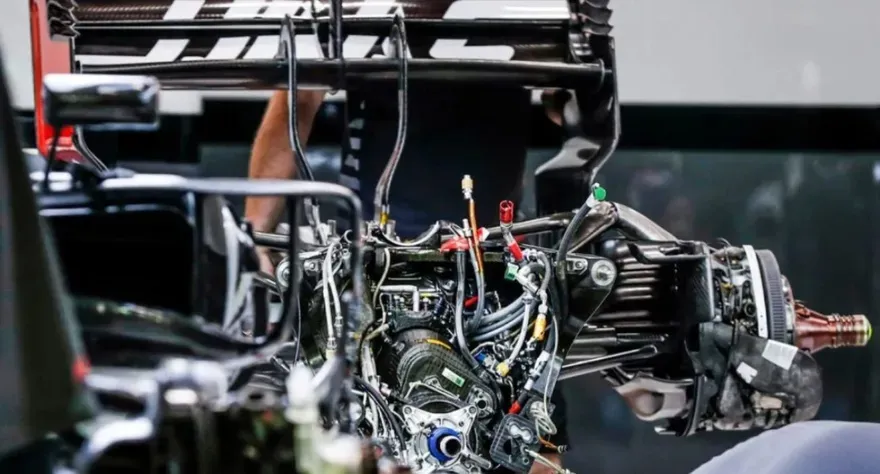Formula One is a sport that takes a lot of money to function and there are a lot of revenue sources for the sport. The money that is generated by formula one is important as it helps to fund the operation of the sport. With all the logistics, car development, driver salaries and part replacements, this revenue becomes very critical to the success of the F1 sport.
There is a lot more to how Formula One makes money than just the prize money at the end of a season. In this article, we breakdown the business of the sport.
How does F1 make money?
F1's biggest revenue stream comes from the sale of television rights, which in the United States alone was worth $4 million a season in 2017. Globally, television contracts added a staggering $587 million to Liberty Media's balance sheet. Unlike most sports or racing series, Formula 1 handles all TV logistics at all of the venues and provides what's called a "global feed" to hundreds of TV networks—each of whom pay a colossal price of admission.
F1's second-biggest revenue stream is made up of what is called "race-sanctioning fees." Every F1 venue in the world—from a classic like Monaco to a newbie like Baku—has to pay a massive fee to F1 to be added to the calendar. SEC filings show that F1 made $654 million in sanctioning fees for the 2016 season, which featured 21 races. This means that the average fee F1 charges are roughly $31 million.
F1's third-biggest revenue stream is a combination of ticket sales and other paid partnerships with companies or products. On top of the already hefty sanction fee, venues must pay a percentage of the ticket sales to the racing organization, although this is typically accounted for in the initial contract.
Also Read | 2021 Formula 1 Predictions
Driver salaries:
All drivers earn a salary from the team, even those who pay to drive, and they're also allowed to pursue personal endorsements with other companies, although a percentage of these earnings must be shared with the team. F1 drivers do not receive purse money from racing venues or from Formula 1 itself.
The Alonsos, Vettels, and Hamiltons of the world also enjoy hefty bonuses from their teams for scoring race wins, pole positions, fastest laps, and winning world championships. And although these bonuses and salaries are kept under wraps, it's rumored that Lewis Hamilton's salary is over $41 million per year, and sources with ties to Sebastian Vettel claim that the German's bonus for delivering the fastest lap of the race was approximately $25,000 during his time at Red Bull and $500,000 for winning a Grand Prix.
Also Read | How much does it cost to make an F1 car?















